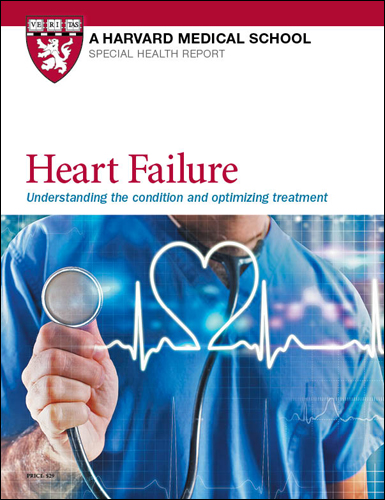Can my phone and other devices interfere with my pacemaker?
Ask the doctors
Q. I recently got a pacemaker, and I heard that some electronic devices might interfere with its operation. Are there certain things I should avoid?
A. While many electronic devices are safe to use if you have a pacemaker or an implantable cardioverter-defibrillator (ICD), there are some you should be leery of — primarily those that use magnetic chargers. The magnets, if they are strong enough and held close to your device, can interfere with its operation, according to an August report published in the journal Heart Rhythm.
Cardiac devices are equipped with something called "magnet mode," according to the FDA. This allows them to be temporarily disabled for safety reasons if someone is undergoing a test such as an MRI scan. In these situations, a doctor uses a strong magnet to temporarily deactivate the device. Once the magnet is removed, the device resumes its normal operation, says the FDA.
Magnets in devices, such as the iPhone 12 and some wearable trackers like the Fitbit and Apple Watch, are sometimes strong enough to achieve this disabling effect if they are held close to the pacemaker. (Apple Support offers a comprehensive list of its products that contain magnets at https://support.apple.com/en-us/HT211900.)
The FDA recommends that pacemaker and ICD owners keep these electronic products at least six inches away from their cardiac device. For example, if you're talking on a smartphone, you might want to hold it against the ear that is farthest from your pacemaker and ensure that you don't hold or carry it close to your chest.
If you are uncertain about whether a device is safe for you to use, your best course of action is to discuss the issue with your doctor. She or he can help you determine if the product you are using presents any safety issues.
About the Authors

Toni Golen, MD, Editor in Chief, Harvard Women's Health Watch; Editorial Advisory Board Member, Harvard Health Publishing; Contributor

Hope Ricciotti, MD, Editor at Large, Harvard Women's Health Watch
Disclaimer:
As a service to our readers, Harvard Health Publishing provides access to our library of archived content. Please note the date of last review or update on all articles.
No content on this site, regardless of date, should ever be used as a substitute for direct medical advice from your doctor or other qualified clinician.
















